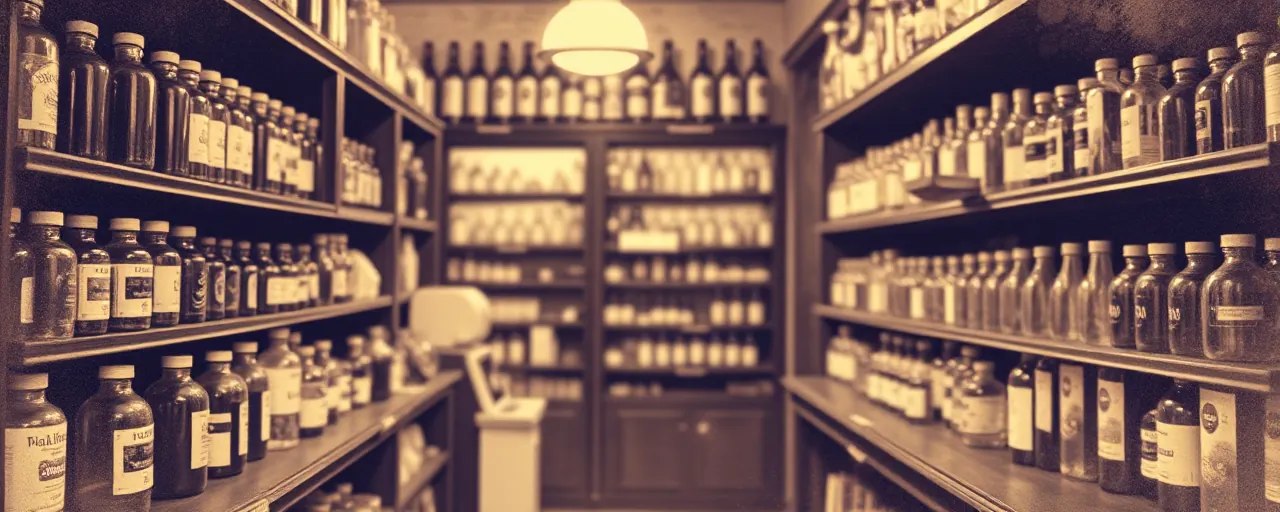A Policy Pivot With Global Stakes
China’s General Administration of Customs just reshaped global trade in a way that could ripple through hospitals, pharmacies, and ecosystems worldwide. By stripping oversight of drugs, veterinary drugs, medical devices, and microbial agents for environmental protection from its special items list, the GAC aims to streamline trade. Effective immediately, with new rules cemented by May 1, 2025, this move promises efficiency. But beneath the surface, it’s a gamble with human lives and fragile ecosystems.
For advocates of robust public health and environmental protections, this feels like a step backward. The policy, part of the broader GACC Announcement 277, shifts oversight to the National Medical Products Administration, which is already stretched thin. It’s hard not to see this as prioritizing commerce over safety, especially when global supply chains are already strained by geopolitical tensions and climate crises.
The stakes couldn’t be higher. From insulin pumps to cancer drugs, medical products are lifelines for millions. Microbial agents, used to clean polluted soil or water, are critical for a planet choking on industrial waste. If oversight falters, the consequences won’t stay confined to China’s borders. They’ll hit vulnerable patients and ecosystems everywhere.
This isn’t just about trade logistics. It’s about who gets access to safe healthcare and whether we can trust the systems that deliver it. For those who believe in equitable health and a sustainable future, China’s pivot demands a fierce response rooted in global accountability.
Why the Change Sparks Alarm
China’s decision comes at a precarious moment. The National Medical Products Administration’s January 2025 regulations promised stricter lifecycle controls and innovation-friendly approvals for medical devices. Yet, transferring oversight from GAC’s rigorous customs checks to an agency grappling with domestic and international demands raises red flags. The NMPA’s focus on expedited reviews and emergency approvals, while forward-thinking, risks gaps in enforcement, especially for complex products like AI-enabled devices or biologics.
Historical context doesn’t inspire confidence. China’s trade liberalization since the 1990s, accelerated by its 2001 WTO entry, prioritized market access over regulatory rigor. The 2008 melamine-tainted milk scandal exposed how lax oversight could endanger lives globally. Today, with global supply chains still reeling from pandemic disruptions, any weakening of checks on drugs or devices could amplify risks of substandard products flooding markets.
Environmental concerns loom just as large. Microbial agents, now exempt from special oversight, are vital for cleaning up industrial pollution. But without stringent controls, their misuse or contamination could harm ecosystems already battered by climate change. The EU’s Carbon Border Adjustment Mechanism shows how environmental trade policies can enforce accountability. China’s move, by contrast, feels like a retreat from that standard.
Supporters of the policy argue it will cut costs and speed up access to critical goods. They point to China’s 2025 Tariff Adjustment Plan, which slashes import tariffs on 935 items, including medical supplies, as evidence of a commitment to public health. But efficiency without oversight is a hollow victory. Affordable drugs mean little if they’re unsafe or ineffective.
The Global Health Cost of Cutting Corners
From a perspective rooted in equitable healthcare, this policy threatens the most vulnerable. In the US, where hospital associations like the American Hospital Association have warned against tariffs disrupting medical supply chains, China’s relaxed oversight could compound shortages or price spikes. Patients relying on affordable generics or specialized devices could face delays or risks from unvetted products.
The Biden administration’s targeted tariffs on Chinese medical goods, like syringes and masks, aimed to boost domestic production without gutting access. But China’s policy shift could undermine those efforts by flooding markets with cheaper, less-regulated alternatives. The result? A race to the bottom that hurts patients and healthcare systems already stretched thin.
Global regulatory cooperation offers a better path. Initiatives like the International Council for Harmonization and the World Health Organization’s collaborative networks show how shared standards can ensure safety without stifling innovation. China’s NMPA has made strides toward aligning with international norms, but this customs rollback risks fragmenting those efforts. If anything, we need more harmonization, not less, to protect global health.
A Misguided Counterargument
Some defend China’s policy as a bold step toward trade efficiency, arguing that reduced oversight will lower costs and spur innovation. They claim the NMPA’s revised regulations, with their focus on streamlined approvals and emergency provisions, are robust enough to handle the load. This view often aligns with those who prioritize economic growth over regulatory caution, including some US policymakers pushing for blanket tariffs to counter China’s trade practices.
But this argument falls apart under scrutiny. Tariffs, like the 145% rates proposed by President Trump’s administration, could choke supply chains and raise costs for hospitals and patients, as industry groups like Advamed have warned. And betting on the NMPA to fill the oversight gap ignores its resource constraints and the complexity of regulating global trade. Economic gains can’t justify risking public health or environmental stability.
A Call for Accountability
China’s policy shift demands a global response grounded in shared responsibility. Advocates for equitable healthcare and sustainability must push for stronger international standards, not weaker ones. The US should lead by example, investing in domestic manufacturing while championing regulatory harmonization through forums like the International Medical Device Regulators Forum.
We can’t afford to let trade efficiency trump safety. Patients deserve drugs and devices they can trust. Ecosystems need protections that don’t crumble under the weight of commerce. China’s move may have come out of nowhere, but the response must be deliberate and unwavering: prioritize people and the planet over profit.
